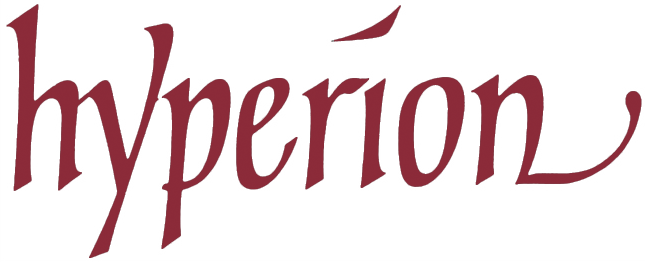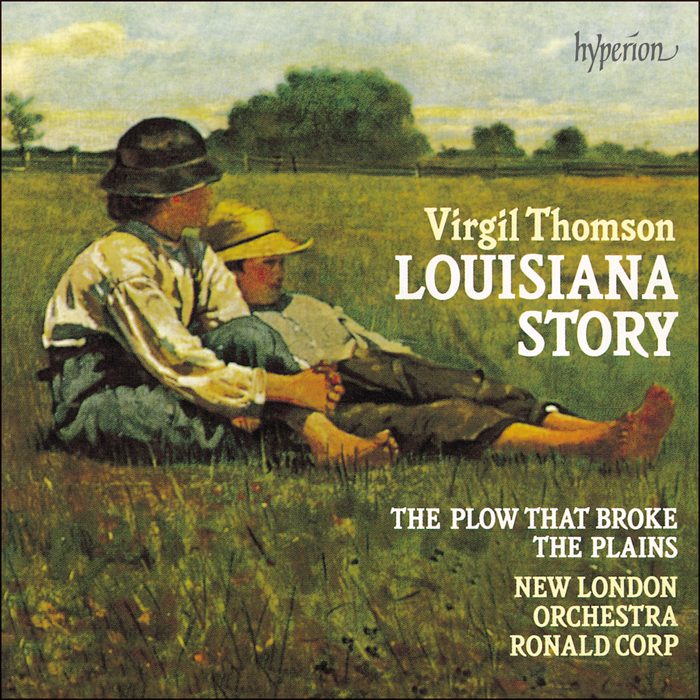Thomson: Louisiana Story
New London Orchestra, Ronald Corp (conductor)
CDA66576
When we think of American films we think primarily of Hollywood, yet not one of the scores contained in this collection—the work of one of America’s most distinguished composers—was written for a Hollywood film. Thereby hangs a curious tale. Hollywood’s earliest sound-film composers rarely had the kind of academic or intellectual credentials that Thomson had (Harvard and Nadia Boulanger). The background of men like Steiner, Newman and Victor Young tended to be Broadway or Tin Pan Alley: their context was that of ‘commercial’ music of one sort or another. And ‘commercial’ music is generally conservative in style: Broadway musicals grew out of nineteenth-century operetta; pop songs and light music had to draw on a vocabulary that ordinary people could readily understand and relate to. So with early Hollywood film scores and their composers. Men like Copland and Thomson didn’t fit that mould. Nineteenth-century European romanticism held little attraction for them. They were more interested in the authentic musical past of their own country, in creating a music that was genuinely American, American in its essentials. Hollywood didn’t understand that sort of ‘American’ music, didn’t want it; and, of course, California was so geographically remote from other major American cultural centres that major cultural figures—the Thomsons, Coplands, Bernsteins—could never have worked there on a regular basis, even if they’d been invited. And Hollywood studios were never really happy with ‘moonlighters’: they didn’t fit into the system. The result was that Copland did a mere handful of Hollywood movies, Bernstein only one (On the Waterfront), and Thomson none at all. And there were dozens of other prominent, excellent, American composers who might have excelled in the film-score medium but who, the situation being what it was, never got the chance to try.

